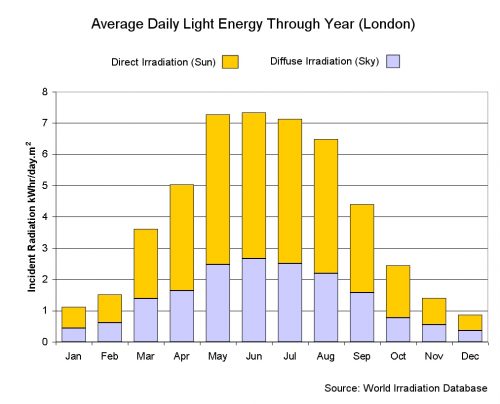Since 2008, there have been over 1 million rooftop solar PV systems installed in the UK, many in the days when Feed-in-Tariffs were the key driver to the industry.
Whilst the feed-in-tariffs were a huge incentive to have PV systems installed, the introduction of Feed-in-tariff digression dates, where the Feed-in-tariffs available dropped by over 85% in some cases, ensured that many PV systems were installed too quickly to meet the demand and were installed without the necessary care and attention to detail.
One common example, that is still being seen today, is the incorrect tightening of the DC connectors. When carried out correctly, there should be no thread showing which forms a water tight seal.
When not carried out correctly, the results can be devastating.

A report carried out by the Building Research Establishment (BRE) National Solar Centre found that the most common causes of rooftop PV fires are:
- system design errors
- faulty products being installed
- poor installation practices
You can see the full report here.
Most insurers now insist that rooftop PV systems are tested and inspected annually to reduce the risks associated with poor installation practices. If you don’t have your PV system maintained annually, as well as the potential loss of revenue – you may face a much larger uninsured loss.
It is important to check with your insurer to see what your responsibilities are if you have solar PV installed on your property.
Discover the answers to everyday questions about solar PV maintenance below.
What (Gets inspected & tested during the service?)
MCS Certified and the Solar Trade Association both launched new maintenance guidelines in 2020 that covers exactly what items are to be tested during an annual maintenance visit. The main PV system components that are tested and inspected include:
- Visual inspection of panels
- Visual inspection of mounting frame
- Testing of inverters – including fault notifications
- Testing of electrical cabling (DC & AC)
- Isolators and other ancillary equipment
Whoever carries out your solar PV maintenance will provide you with a full checklist of works that are to be carried out.
If you combine your maintenance check with a cleaning program, you will also be able to have a percentage of the PV module clamps tested to ensure that your panels are still secure.
Why (Do PV systems need to be tested and inspected?)
The main reasons to have your PV system maintained annually are to:
- Maintain optimum system performance
- Reduce CO2 emissions
- Prevent small problems becoming large expensive problems
- Comply with insurer’s requirements
- Generate maximum revenue
You may also have your own reasons for maintaining your PV system.
When (Is the best time to have my PV system inspected?)
The main electricity generating months are April to September so ideally you will look to have your system inspected in the spring time to ensure maximum performance from your PV system. Sometimes though, unless you’re in a 3 or 5 year contract, you may need to have your annual maintenance scheduled outside of this peak period.

How (do I go about choosing the right company to do the testing?)
Choose a professional company that has experience in maintaining commercial solar PV systems and will supply you with written risk assessments and method statements. Usually a company that responds quickly to your requests will give you an idea as to how quickly they will respond should you get any problems with your system.
Sometimes it can be better to choose a company other than your original installer to carry out the checks otherwise you may be effectively asking the installer to check their own homework.
Where (Are Helios based?) Helios are centrally located in Ampthill, Bedfordshire, just off the M1, which allows us to get to most areas of England within 2 ½ hrs.
Who (do I choose to carry out the inspection?)
Helios recently helped to produce the UK’s first Rooftop O&M Best Practice Guidelines for the UK Solar Trade Association and are currently developing a Joint Code of Practice between the UK Solar & Insurance industries so have a wealth of knowledge to be able to assist you with your solar PV maintenance requirements, wherever you may be in the country.
Helios have also been extensively vetted for Health & Safety and Quality procedures by large international organisations and are currently providing PV testing and inspection services to Tesco & Amazon sites all across the UK.
There are other companies that also provide O&M services in different parts of the UK that you could also approach, Solar South West and Beba Energy have a similar service to Helios that you could try.
If you would like more information on Solar PV testing, inspection, maintenance or the efficient cleaning of your PV system, feel free to contact Robert Harley at Helios (company profile available to view here) on 01525 632238 today or via email at robert@helios-om.com, where you will discover friendly impartial advice about how to look after your PV system.















